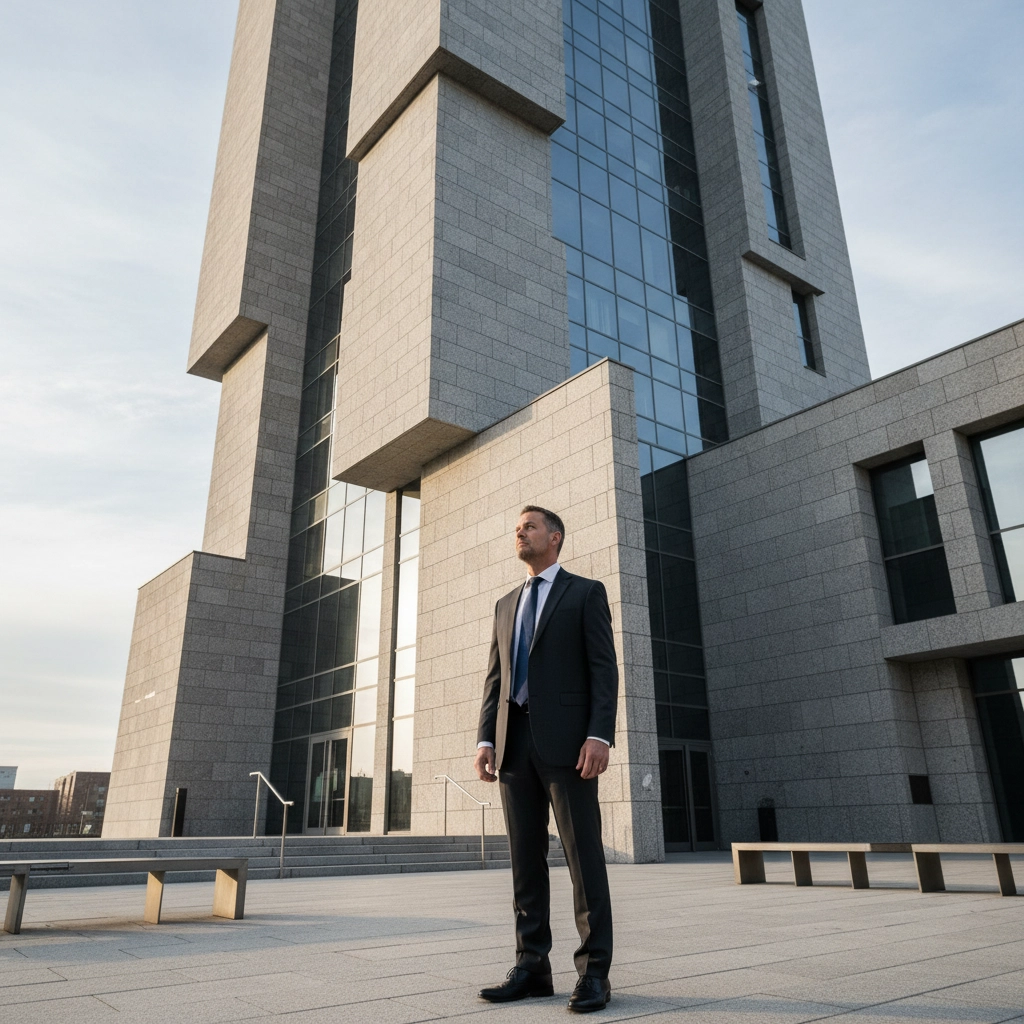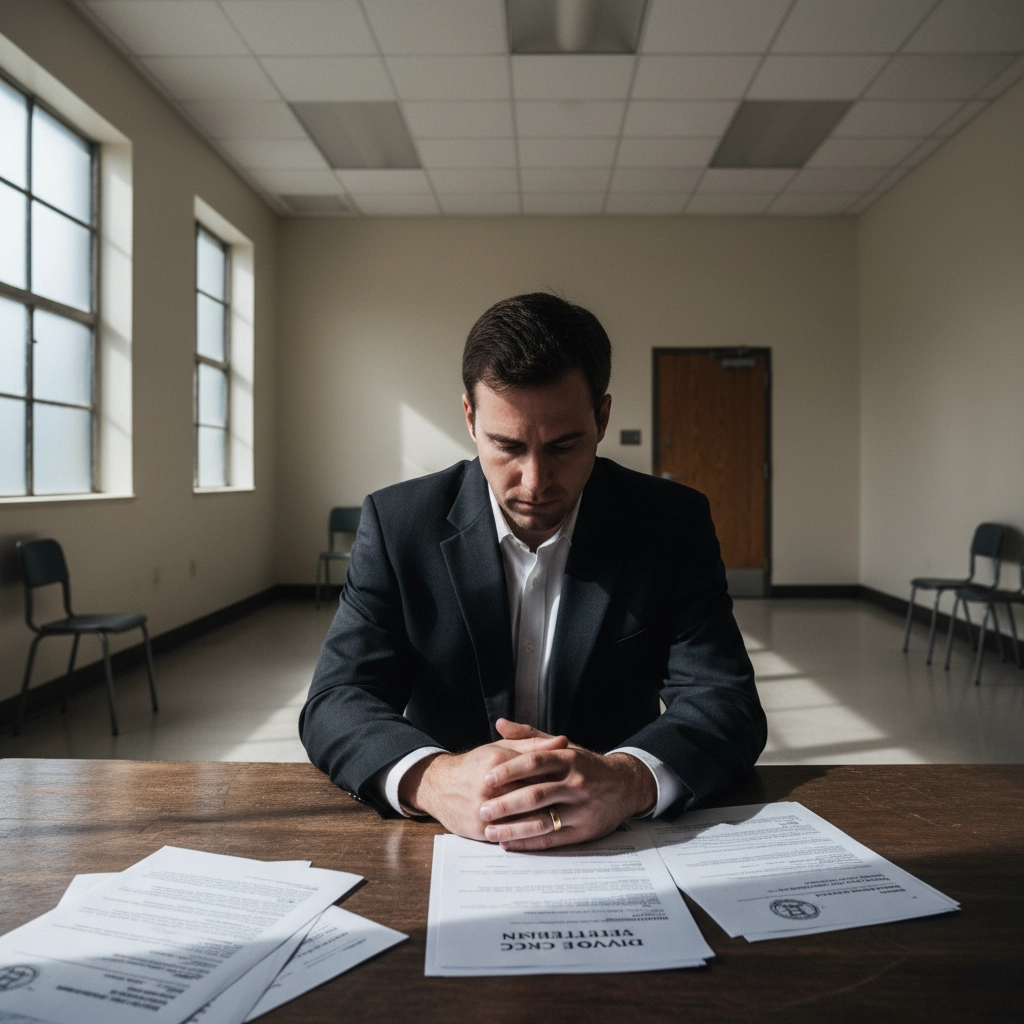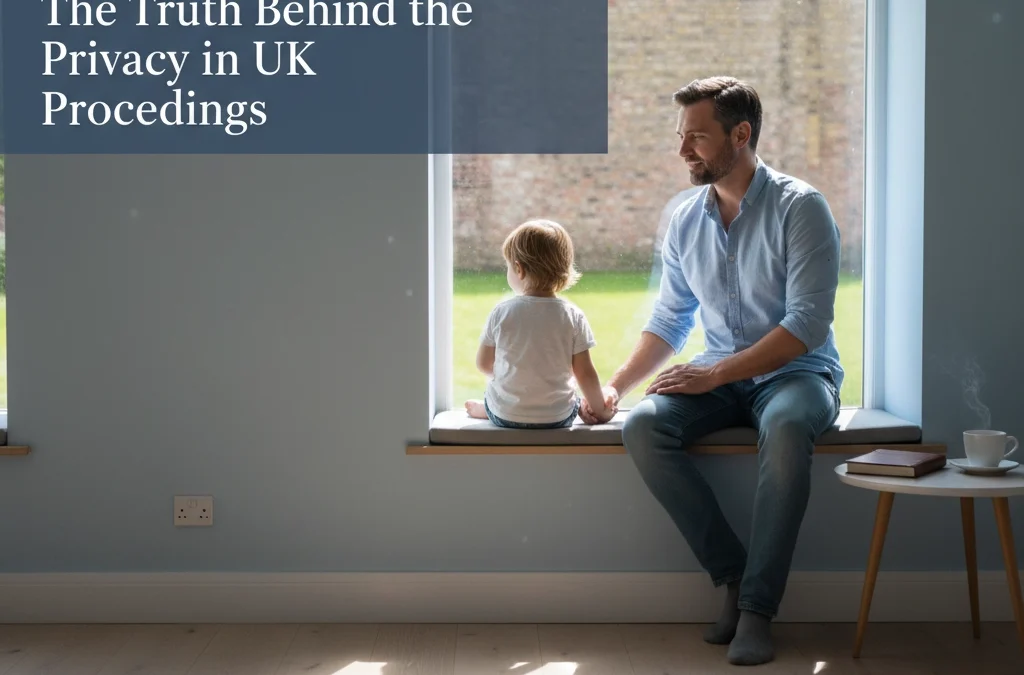If you've ever wondered why family court proceedings feel shrouded in mystery, you're not alone. Thousands of fathers across the UK face this same frustration every year: navigating a system that operates behind closed doors, where transparency seems to be the exception rather than the rule.
The reality is stark: Family courts in the UK operate under a veil of secrecy that has profound implications for every father seeking justice for themselves and their children. Understanding why this system exists: and fighting for the transparency we deserve: is crucial for every dad who believes in fairness and accountability.
The Legal Foundation of Family Court Secrecy
Let's start with the facts. Current UK law makes it clear: nothing that happens in family court can be reported unless a judge explicitly permits it. This isn't just a guideline: it's the law, backed by serious consequences.
The legal framework rests on Family Procedure Rule 2010 Rule 27.10, which mandates that all family proceedings are held in private unless the rules specify otherwise or the court directs differently. What does this mean for you as a father? It means:
- Only those directly involved in your case can be present during hearings
- Journalists can attend but face severe restrictions on what they can publish
- Even anonymizing case details doesn't protect media outlets from contempt of court charges
- You cannot publicly discuss your own case, even anonymously

This legal structure creates an environment where hundreds of thousands of people: fathers, mothers, children, grandparents: are affected by decisions made in complete secrecy. The law extends so far that parents are forbidden from talking publicly about their cases, regardless of perceived injustices or serious human rights breaches.
Every Dad Matters: including having the right to understand the system that affects their most precious relationships.
The Official Justification: "Protecting" Children and Families
The system's defenders argue that this secrecy serves a noble purpose: protecting children and families from public scrutiny during their most vulnerable moments. The official reasoning includes:
- Child Privacy Protection: Ensuring children's identities and personal details remain confidential
- Family Sensitivity: Shielding families from media attention during difficult proceedings
- Encouraging Honesty: Creating an environment where parties feel safe to share sensitive information
While these intentions may seem reasonable on the surface, they raise critical questions about whether this level of secrecy actually serves the best interests of children and families: or whether it primarily serves the interests of a system that prefers to operate without oversight.
The Dark Side of Secrecy: What They Don't Want You to Know
Here's where we need to have an honest conversation about what this secrecy really enables. The lack of transparency in family courts creates an environment where accountability becomes nearly impossible.
Professional Misconduct Goes Unchallenged
When proceedings happen behind closed doors with no public scrutiny, how can we identify patterns of professional misconduct? Solicitors encouraging false allegations become emboldened when they know their actions will never see the light of day.
Without transparency, we cannot:
- Track patterns of bias against fathers
- Identify lawyers who consistently advise clients to make false allegations
- Hold social workers accountable for rushed or biased assessments
- Challenge judicial decisions that seem inconsistent or unfair
False Allegations Thrive in Darkness

The secrecy of family courts creates the perfect environment for false allegations to flourish. When proceedings are private and reporting is restricted:
- There's no public record of patterns of false allegations
- Consequences for making proven false claims remain minimal
- The system lacks transparency needed to deter such behavior
- Fathers have no way to publicly demonstrate systematic bias
The Accountability Gap
The current system creates what can only be described as an accountability vacuum. When judges make questionable decisions, when unregulated experts provide dubious testimony, or when legal aid bias affects outcomes, there's virtually no public oversight.
Fathers United. Rights Respected. This isn't just a slogan: it's a demand for the transparency needed to ensure justice actually happens.
The Public Confidence Crisis
The secrecy surrounding family courts has created a crisis of public confidence. There's a growing perception that family courts operate as "unjustifiably secret forums rather than necessarily private ones." Even members of the judiciary, legal profession, and Parliament share concerns about the current level of secrecy.
When fathers cannot understand or scrutinize the decisions that affect their children's futures, the entire system loses legitimacy. The current operation:
- Attracts justified criticism of the family justice system
- Leaves courts open to accusations of bias that cannot be satisfactorily refuted
- Forces families to rely on incomplete information and speculation
- Creates an environment where systemic problems cannot be addressed

The Transparency Revolution: Change is Coming
Despite decades of secrecy, change is finally on the horizon. The Transparency Pilot represents the most significant reform to family court secrecy in recent history. This groundbreaking initiative initially trialed in Carlisle, Cardiff, and Leeds, is now expanding to additional courts across England and Wales.
What the Transparency Pilot Means for Fathers
Under this program:
- Journalists and legal bloggers can attend hearings and report on cases
- All reporting must be anonymized with specific Transparency Orders
- The public can finally understand the decisions being made about families
- Systemic issues and resource problems can be identified and addressed
Early feedback has been overwhelmingly positive, with legal professionals noting that transparency helps demystify family courts and allows public understanding of judicial decisions.
Why This Matters to Every Father
As fathers fighting for our rights and our children's welfare, we must understand that transparency isn't just about openness: it's about justice. When family courts operate in complete secrecy:
- Patterns of discrimination cannot be identified or challenged
- Professional misconduct goes unnoticed and unpunished
- False allegations are easier to make and harder to disprove
- Systemic biases against fathers remain hidden and uncorrected
The move toward transparency represents hope for every father who has felt helpless in a system that seemed designed to work against them.

Standing Together for Change
The evolution of family court transparency reflects our collective demand for justice. While the system still has far to go, the Transparency Pilot proves that change is possible when we stand together and demand accountability.
We need to continue pushing for:
- Full transparency in family court proceedings
- Public reporting of patterns and statistics
- Accountability measures for legal professionals
- Clear consequences for false allegations
- Fair representation for all parties, especially fathers
Join the Movement for Transparency
Every father who has navigated the family court system knows the frustration of secrecy. Every dad who has wondered whether justice was truly served in their case understands why transparency matters.
Ready to make a difference? The fight for family court transparency is far from over, but together, we're making progress. Share your experiences, support transparency initiatives, and stand with other fathers demanding accountability from a system that affects our most precious relationships.
Discussion Prompt:
The law says family court proceedings and documents must stay private to protect children, but this means parents and others can't highlight patterns of professional misconduct, false claims, or legal barriers publicly. Is this level of secrecy still justified, or does it prevent real accountability for solicitors, social workers, and the system as a whole?
We want to hear your thoughts and experiences. Join the conversation and help us build a more transparent, accountable family justice system.
Fathers United. Rights Respected. Every Dad Matters.
Share your voice in the comments below and help us continue fighting for the transparency and accountability that every father: and every child: deserves.

